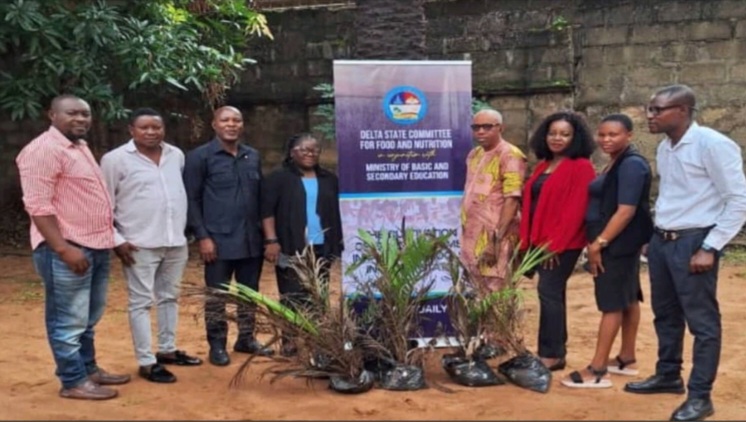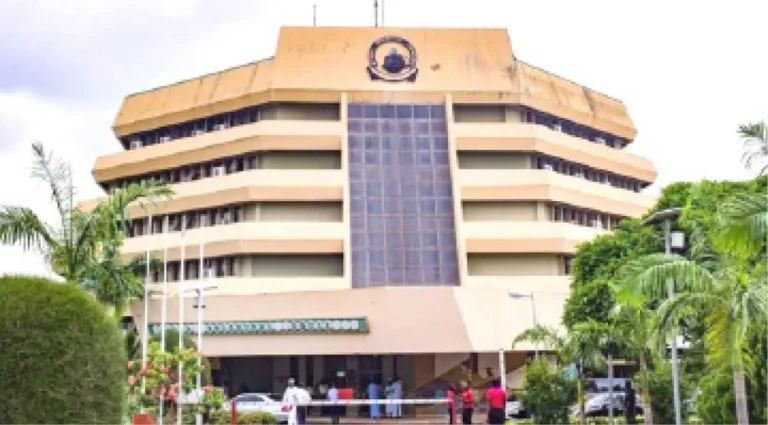
The Delta State government, through the Ministry of Basic Education has reaffirmed its commitment to promoting nutrition and food security by flagging off school farming program at various schools in Asaba, Ozoro, and Patani.
The functioning Permanent Secretary of the Ministry of Basic Education Mr. Daniel Akiri, represented by Dr Michael Emeshili, said that the theme of the exercise: ‘school farming as a tool for sustainable nutrition for learners’ was quite apt, adding that nutrition was one of the major indices of development.
Highlighting the benefits of integrating farming into school activities, Mr. Akiri listed improved food security and promoting self-sufficiency in food production among school children in Delta State.
“Children, especially school children, integrate what they are taught and see into their lives, by demonstrating and growing plants they have imbibed the culture of cultivation which they will practice “
Mr. Akiri further commended the State Committee on Food and Nutrition (SCFN) for organizing the program.
“This collaborative initiative of revamping school farming will complement efforts to bridge the gap in food and nutrition insecurity of the state thereby promoting optimal nutrition “.
He tasked learners and teachers to take the exercise seriously, emphasizing its importance in promoting sustainable nutrition.
The demonstration and planting exercise facilitated by Mr. Emeke Ochelli and Dr. Arthur Bidor, aimed to empower learners and teachers with agricultural skills.
Speaking during the demonstration, the agricultural experts emphasized the importance of school farming in building a generation that understands the value of agriculture. “School farming goes beyond just growing crops — it is a platform to teach responsibility, sustainability, and self-sufficiency. When pupils learn how to cultivate food, they gain life skills that contribute to national development and personal well-being,” they said.
Mrs. Rachael Ojie, a chief Inspector of Education, expressed gratitude to the organizers and encouraged both public and private schools to adopt agricultural practices.
She said that school farming empowers the next generation with essential life skills needed in food production and nutrition adding it will give pupils access to sufficient, safe and nutritious food that meets their dietary needs.
Pupils of the selected schools in Asaba, Ozoro and Patani were given palm fruit, pepper, tomatoes seedlings and vegetables to plant




